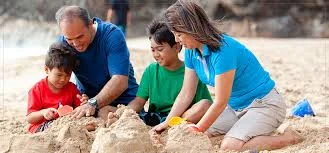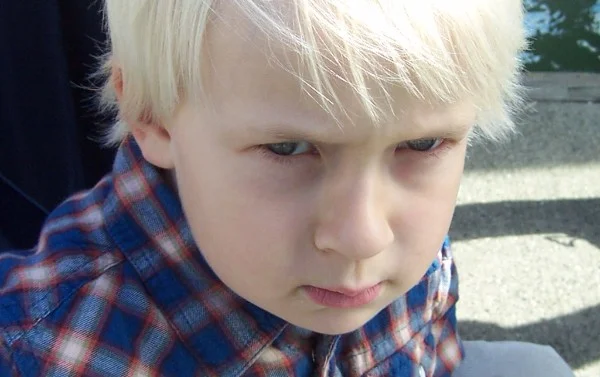THAT CHILD IS A BULLY!
Have you ever written off a child in your neighborhood or at your child's school as a bully? It is easy as parents for us to get defensive and judgmental. Bullying sets parents off and strikes a very sensitive chord, but lots of what we fear is bullying is normal interactions among kids—they just need the skills and the example to use it.
Read More




















